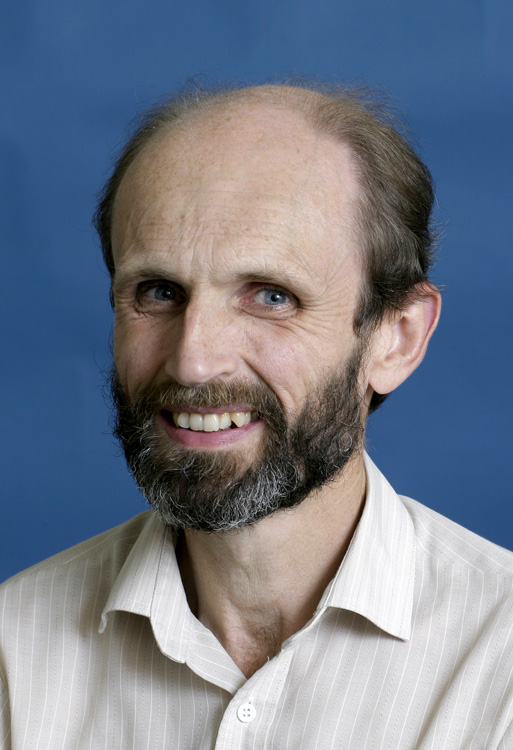

ISCAST (Sydney) Lecture 2, at Robert Menzies College, Macquarie Univ. – Thurs. 7th July at 7.30 pm
Title: Genetics, Evolution, Cancer, Suffering and God
Audio mp3 files of Dr Graeme Finlay’s lecture and the Q & A session following it, and pdf copies of his PowerPoint slides are available for downloading now. (N.B., to save mp3 files to your computer, use right-click and choose ‘Save link as…’).
Lecture 2: Download GF-L2 mp3 [ 11.2 MB]
Q & A session: Download GF-Q2 mp3 [ 4.5 MB]
PDF of Lecture slides (2 slides per page): Download GF-L2 pdf [1.3 MB]
Dr Graeme Finlay MA, PhD, Bth, Senior Lecturer and Honorary Senior Research Fellow at The University of Auckland, and author of Human Evolution: Genes, Genealogies and Phylogenies (Cambridge University Press, 2013) gave an ISCAST Lecture at Robert Menzies College, Macquarie Univ., entitled: “Genetics, Evolution, Cancer, Suffering and God”, on Thurs. 7th July 2016 at 7.30 pm.
Abstract: In this second lecture Graeme will consider how the same genetics underlies both phylogeny (evolution of species) and oncogeny (evolution of tumours in cancer). If God is the creator of one, he must be creator of the other. He believes the only resolution takes us to the heart of the Gospel: the cross and the resurrection.

See also ISCAST-CASE* Lecture 1: Unequivocal genetic evidence for human evolution, and implications for Christian faith.
*CASE – Centre for Apologetic Scholarship and Education (New College, UNSW)
Copyright Note from email of Dr Graeme Finlay
1. All the slides that I used in my talks in Sydney were totally clean as far as copyright is concerned.
2. All genetic sequences were drawn by me, using data in the public domain. References were given only so that I could keep tabs with my many sources, and in case anyone in the audience wanted to follow up on any details. The references merely indicate the paper from which the data were taken.
3. Images from the NIH are freely usable, provided the courtesy of attribution is provided, which I have done in every case. All other images from the internet were specified as ‘public domain’. There are no restrictions on the use of the images from the University of Auckland Medical school museum.